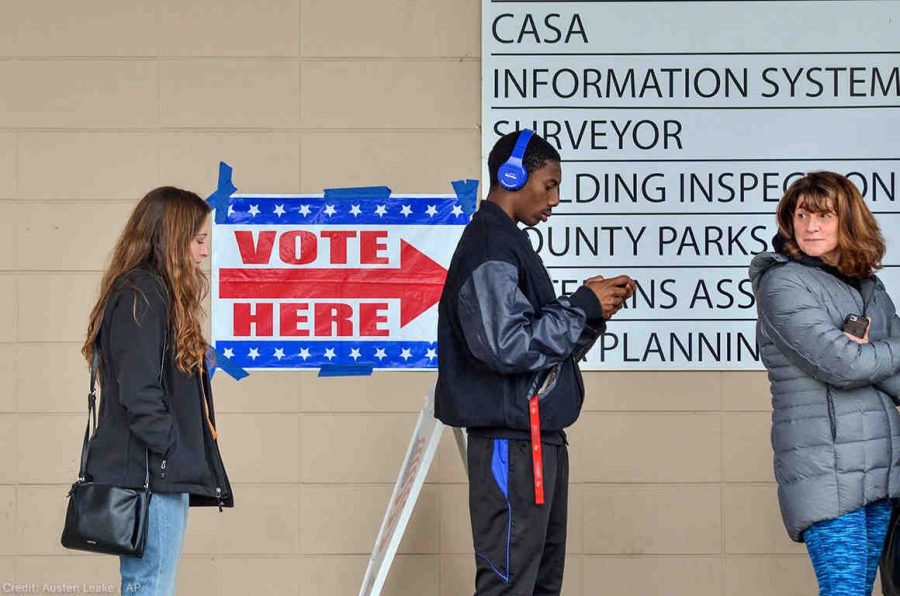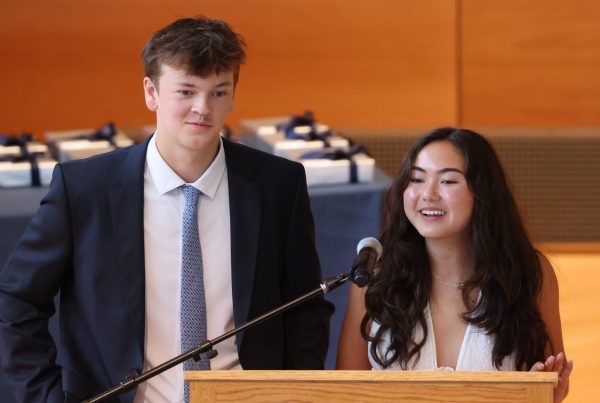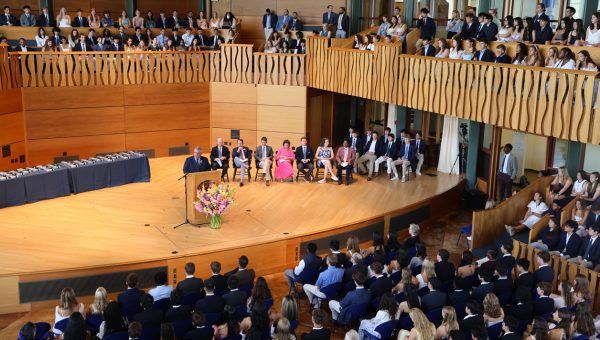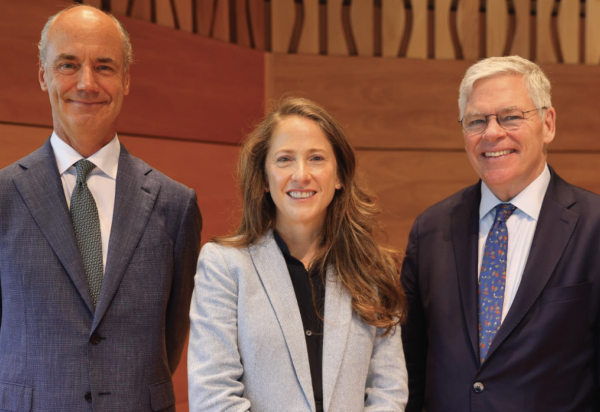Students Respond to Sanders Dropping out of the Democratic Primaries
On April 8, Senator Bernie Sanders (D-VT) announced his decision to end his presidential campaign and endorsed Democratic candidate Joe Biden. This leaves former Vice President Joe Biden as the presumptive Democratic nominee for president.
With the first debates on June 26-27, the Democratic primaries kicked off in a heated battle between the most prominent candidates: Mayor Pete Buttigieg, Sanders, Biden, Senator Elizabeth Warren (D-MA), and Senator Amy Klobuchar (D-MN). As soon as the primaries began, both Buttigieg and Sanders were clear frontrunners; both had a virtual tie in the Iowa caucuses and the New Hampshire primaries. In the following caucuses in Nevada, however, it was the former Vice President who joined Sanders in the lead, before Biden secured sweeping victories in almost every state that followed. With 346 more delegates than Sanders, Biden is on target to be the victor of the Democratic Primaries.
In a livestream a day after the Wisconsin primaries, Sanders announced, “I cannot in good conscience continue to mount a campaign that cannot win and which would interfere with the important work required of all of us in this difficult hour. While this campaign is coming to an end, our movement is not,” according to the article Bernie Sanders Drops Out of 2020 Democratic Race for President published in The New York Times. His decision to drop out was not unexpected, with his last few speeches advocating solely for his values and core ideas rather than trying to endorse himself.
Five days after dropping out, Sanders officially endorsed Biden in another live-stream call. While Biden is more moderate, Sanders describes himself as a Democratic socialist, causing questions about how Biden will alter his campaign to include some of Sanders’ concepts. However, the two have put aside their differences and Biden plans to lower the age for Medicare Eligibility and forgive student debt for low or middle income earners.
Alex McLane ’20, co-head of the Hotchkiss Republicans, predicts, “There are a lot of Bernie supporters who say they are not going to vote or they are not going to consolidate behind Biden. Frankly, I think Democrats have no other choice because there is this unifying opinion that anything is better than Trump.”
Diana Reiss ’20 and Arabella Katz ’20, co-heads of the Hotchkiss Democrats, agree. Reiss said, “What we’re seeing now, especially as the coronavirus has worsened, is [that] Bernie’s decision to drop out is highly motivated by this state of crisis. I think people see the goal of consolidating the party and kind of putting up a strong front as more important than, really, anything else. There’s sort of this rallying cry [that] if we’re going to push around one candidate, it should be the one that’s going to unify the most people because we’re just in this state where we want to beat Trump.”
However, Reiss and McLane disagree on Biden’s method of gaining Bernie’s supporters. McLane stated, “Biden’s been forced to be more progressive, and I think we’ll probably see him moderate a little bit more as he goes into the general election with Trump.”
On the other hand, Reiss said, “If anything, Biden needs to be as progressive as he’s ever been because he has all these Bernie people that are threatening to write Bernie on the ballot.”
As of now, Biden’s campaign is on hold due to the COVID-19 pandemic. The Democratic primaries have also been postponed in many states.






